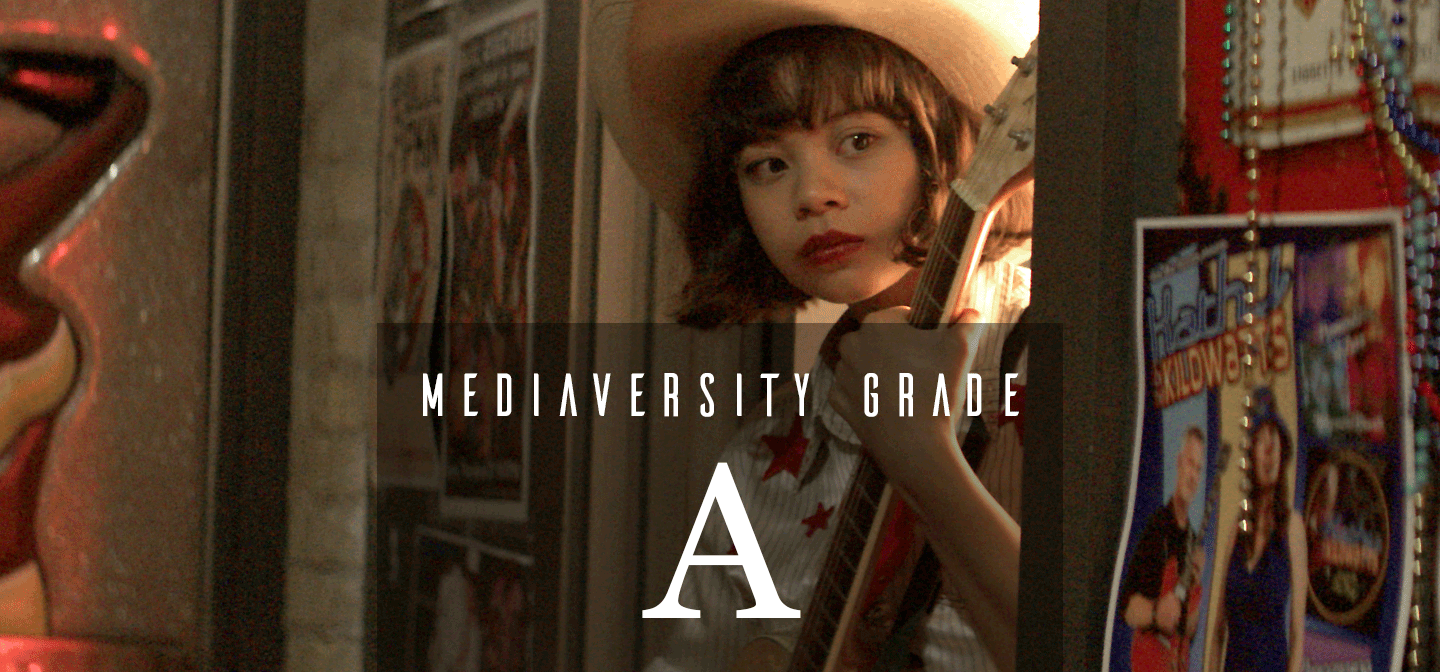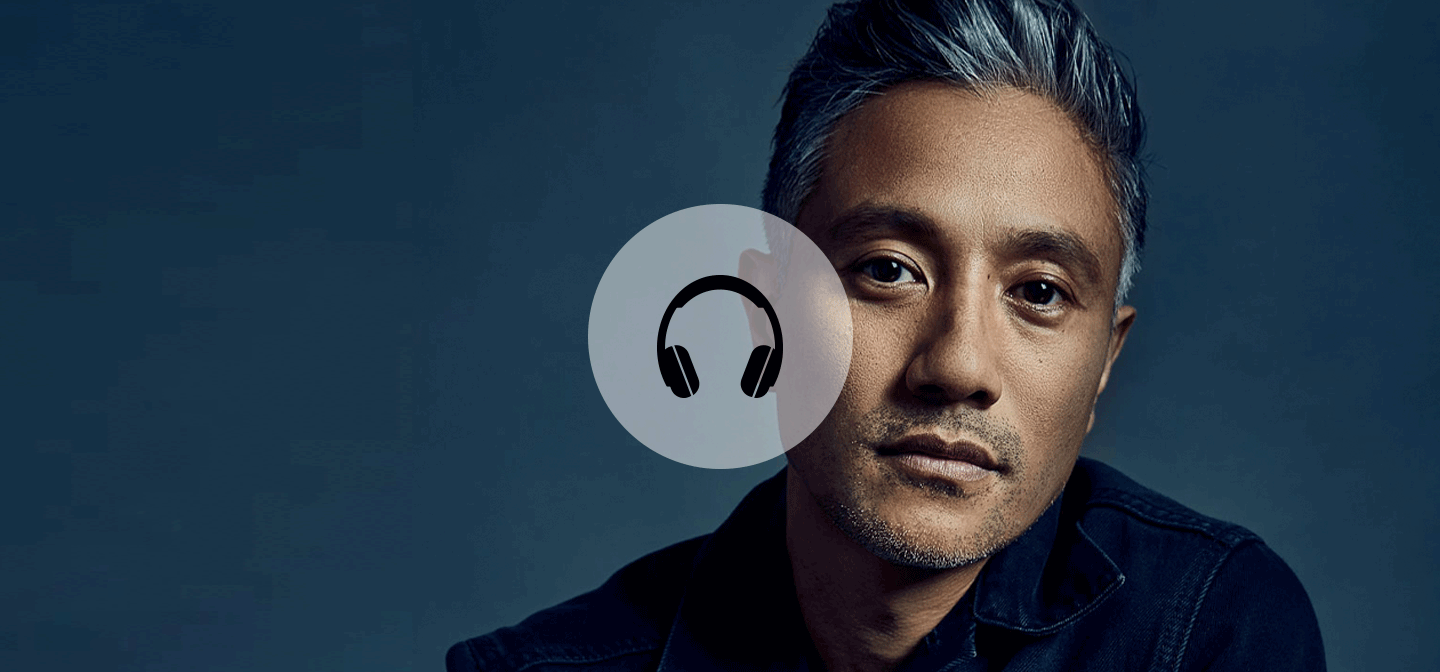The Fabulous Filipino Brothers
“What The Fabulous Filipino Brothers gets right is the way it easily employs a Pinoy lens.”
Title: The Fabulous Filipino Brothers (2021)
Director: Dante Basco 👨🏻🇺🇸
Writers: Dante Basco 👨🏻🇺🇸 and Darion Basco 👨🏻🇺🇸
Reviewed by Li 👩🏻🇺🇸
Technical: 2.75/5
Having just enjoyed its world premiere at SXSW this afternoon, The Fabulous Filipino Brothers marks an exciting addition to the growing lexicon of Pinoy film. In actor-filmmaker Dante Basco’s directorial debut, co-written with his brother Darion Basco, the dramedy pulls in elements of reality such as casting the actual extended Basco family into onscreen roles and setting the film in Pittsburg, CA, where they grew up. From there, however, fiction ostensibly takes over as the Bascos turn into the Abastas and each sibling adopts a fictional moniker.
The film starts out with confidence, employing a gently comedic tone through the voiceover of Doris (Arianna Basco) who introduces the audience to her family—and more broadly, to the Pinoy experience. We get a crash course on Filipino history before delving into the heart of the film: Getting to know the Abastas through separate vignettes, each one titled by the name of each brother.
After a solid jaunt through the gambling and cockfighting shenanigans of eldest brother Dayo (Derek Basco), however, the film quickly flies off the rails. By the end of the second chapter, the comedic tone turns abruptly zany. Non sequiturs fall from the sky, with a car accident a particularly egregious miss. Character motivations stop having any stake in reality, leaving a viewer scratching their head for much of the remaining runtime.
The pacing feels especially inconsistent; some scenes stretch for much too long, like when the goofy youngest brother Dave (Dionysio Basco) meets a woman over the food table at a wedding party and they fellate lumpia and fondle siopao buns for several torturous minutes, when the absurdist gag could’ve been communicated in seconds. Meanwhile, events such as a woman’s water breaking, going through labor, and delivering a baby—which can take days—occurs in one quick and campy scene that careens past “unrealistic” and into the realm of “what the hell is happening?”
It’s a shame, because I’d been rooting for this film given the dearth of Southeast Asian stories in American cinema. Besides, what ‘90s kid didn’t grow up with a major crush on Dante Basco after his infamous run as Rufio, the bad boy with a heart of gold in Hook (1991)? Unfortunately, The Fabulous Filipino Brothers makes absolutely no narrative sense. Solid acting and good intentions can’t paper over the lack of a solid foundation.
Gender: 2.5/5
Does it pass the Bechdel Test? YES, but barely
The film’s narrator, Doris, explicitly states: “For a lot of families, especially Filipino families, it's all about the boys.” She goes on to make a point about mens’ triteness, emphasizing that “While they are running around, making a mess, make no mistake—it's the women in the family who hold it down.” But talk is cheap, and any verbal assertions that women are important are vastly dwarfed by how little space, or even humanity, they’re allotted in The Fabulous Filipino Brothers.
Women flit around the kitchen, wordless and silently serving the Abasta brothers food and coffee as the men lounge at the kitchen table like kings. The fact that the women never even exchange enough dialogue to pass the Bechdel test until the last scenes of the film feels noteworthy, given the significant number who do exist in supporting roles. The Abasta mother, grandmother (Iluminada Monroy), Dayo’s wife Emily (Cheryl Tsai), and love interests Anna (Solenn Heussaff) and Teresa (Liza Lapira) all appear multiple times. But somehow, they never actually speak to each other about anything other than men until the film’s final moments—and only as it relates to childbirth, which reinforces traditional gender roles.
For the characters who do have more than a handful of lines, their stories feel cringey. The woman with the most backstory is Duke (Dante Basco)’s high school sweetheart Anna, but ultimately, her life is treated like a punchline. Meanwhile, Dave’s love interest is a soulless nympho, while Danny Boy (Darion Basco)’s blind date is largely defined by her pregnancy and by her function as a Manic Pixie Dream Girl who lifts him out of his years-long malaise. In short, the male gaze is real.
Race: 5/5
What The Fabulous Filipino Brothers does get right, however, is the way it easily employs a Pinoy lens. Behind the scenes, the project champions a slew of Filipino talent, from its director to its writers, to its producers and various crew members. The effects of that show up on screen in spades.
Some obvious explainers feel a bit rote, clearly targeting non-Filipino audiences who may have no clue about the Philippines’ past as a Spanish or American colony. But the scenes are still quite welcome, such as the description of pandesal bread rolls at the kitchen table or location shooting in Manila that presents the city in a normalized way, as Duke attends a conference and later has dinner with Anna in a beautiful restaurant. The camerawork and music neither ignore Manila’s colonial architecture, nor fetishize it, and I only wish all overseas shoots could treat countries as they are, rather than cast them through the lens of Western fantasy which happens all too often.
Best of all are the cultural winks and nudges that subtly pepper the script. When Dayo’s rooster passes out right before it’s due for a cockfight, his lola uses Vick’s Vaporub to wake it up. (Whether it’s Vaporub or Tiger Balm, you best believe there’s an ancient jar of one lying around any given Filipino household.) And the very real differences between Filipinos and East Asians—all too often ignored by Hollywood—arise in natural conversations like Dayo arguing with his Chinese American wife about his duty as the oldest brother to pay more than his share for an upcoming family wedding. “We’re tribal,” he contends, highlighting the difference between Chinese and Filipino family dynamics.
That contrast comes up again as Dayo seeks out his friend Berto, played by Filipino comedian Joey Guila, about getting some cash flow. Berto casually drops that Dayo will need to meet up with East Asian gangsters, unsure of which. ”Triads, yakuza, ‘yakuzee’,” he flippantly shrugs, talking about Chinese and Japanese as interchangeable. However, given the messenger of a Southeast Asian character, the line doesn’t feel offensive at all. (We’d be having a very different conversation if the character was non-Asian, or if it was an East Asian character punching down about Southeast Asians.)
Through such natural dialogue, The Fabulous Filipino Brothers highlights the enormous diversity among Asian Americans—an important fact for non-Asian audiences to grasp. Films like this, which exhibit an ironclad sense of cultural identity, can help raise that level of understanding.
Mediaversity Grade: C+ 3.42/5
Dante Basco’s directorial debut humanizes four Filipino American men, but its distinctly male perspective prevents that same courtesy from being extended to women. The Fabulous Filipino Brothers finds its ultimate downfall, however, over the nuts and bolts of storytelling: Scripting, tone, and pacing all flounder, leaving the viewer with very little to hold onto—besides a vague craving for adobo, perhaps—as the credits roll.




